By Program
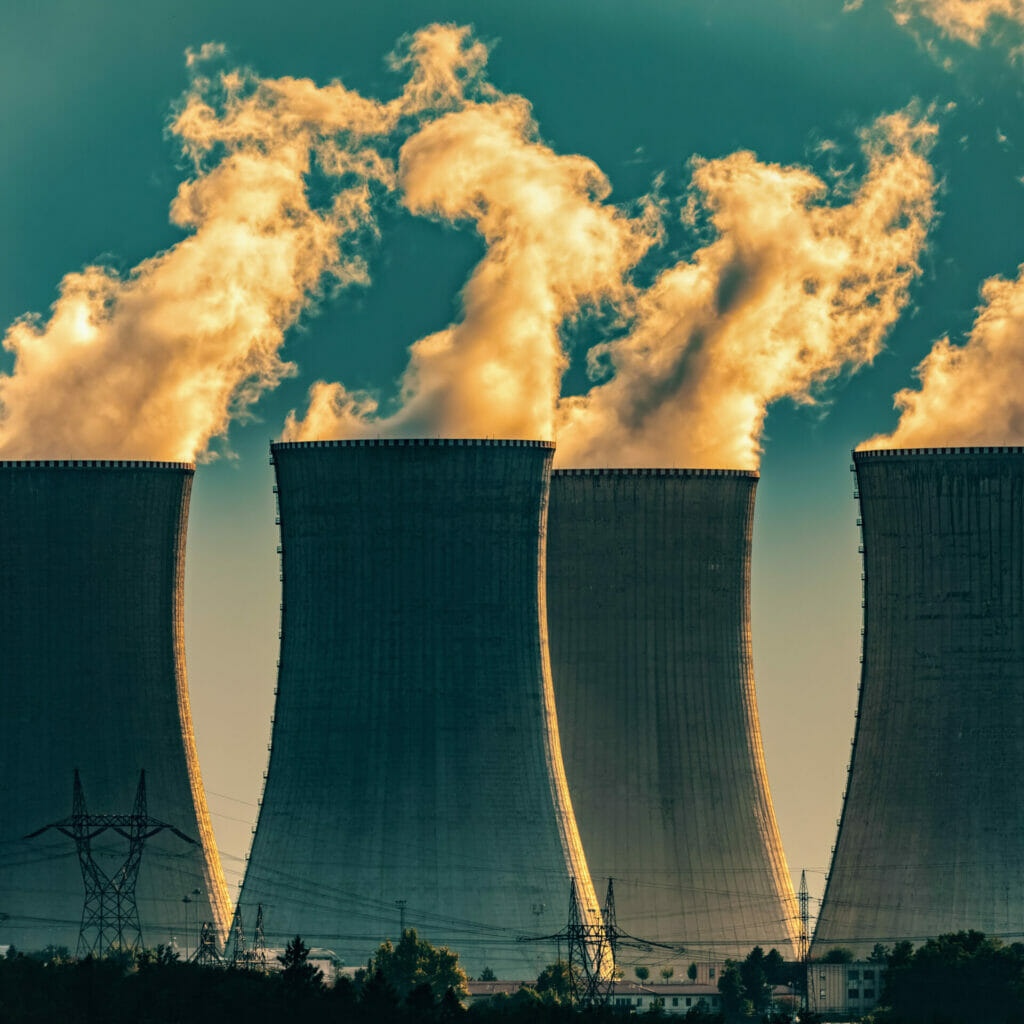
The Evolution of Nuclear Security and Implications of Russia’s Invasion of Ukraine
March 9, 2023 | 12:15 - 1:30 pm | SRH 3.122, LBJ School
On Thursday, March 9, the Strauss Center welcomed Scott Roecker, Vice President, Nuclear Materials Security, at the Nuclear Threat Initiative (NTI) for a talk on “The Evolution of Nuclear Security and Implications of Russia’s Invasion of Ukraine.” This talk was held at the LBJ School of Public Affairs as part of the Strauss Center’s Brumley Speaker Series.
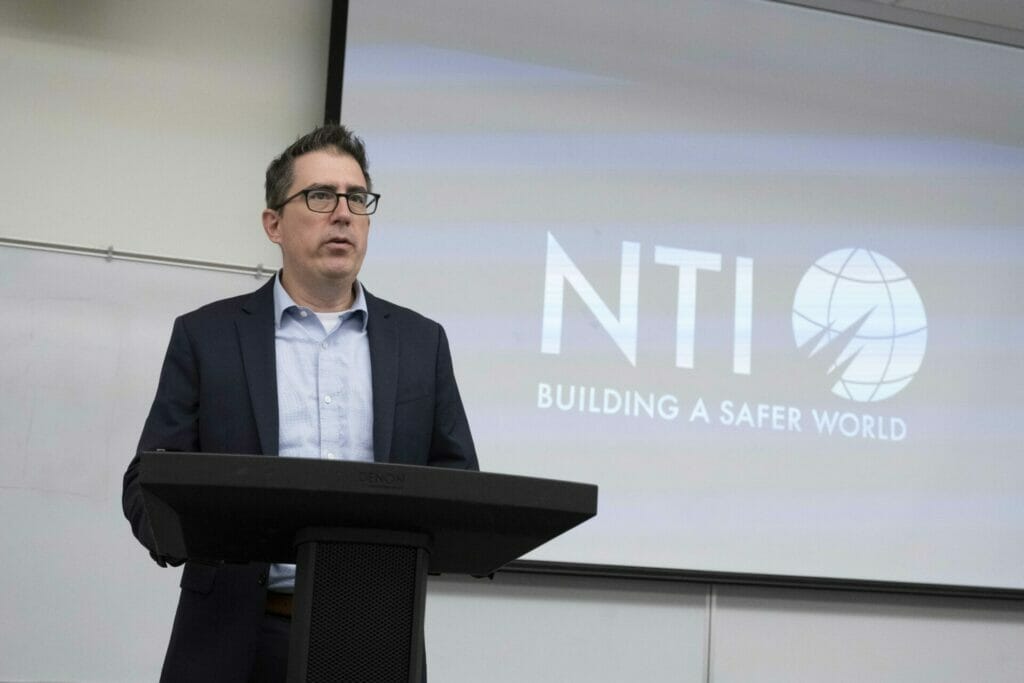
In his talk, Roecker discussed the history of several nuclear security initiatives at the national and international levels and the current approach countries are taking for the future of nuclear safety and nonproliferation.
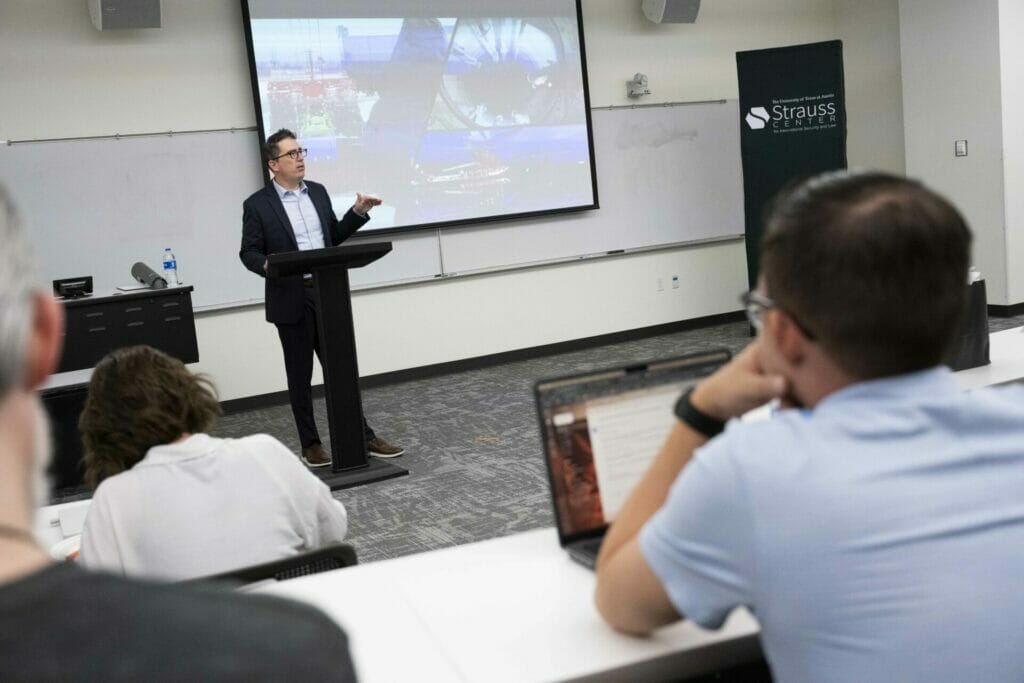
He mentioned how the threat of nuclear terrorism continues to diversity as technology becomes more accessible to non-state actors and states that may use civilian nuclear energy technology to develop weapons. Verification mechanisms at the national level remain the most robust check on nuclear security issues like this one, making a global consensus on this issue through national cooperation of the utmost importance. A stronger global acceptance of nuclear security norms is pivotal in motivating countries to take more vigorous means of verifying safety in nuclear facilities. Global partnership through Nuclear Security Summits in the past helped to consolidate a consensus of what nuclear security and safety meant at that time and what they should look like in the future.
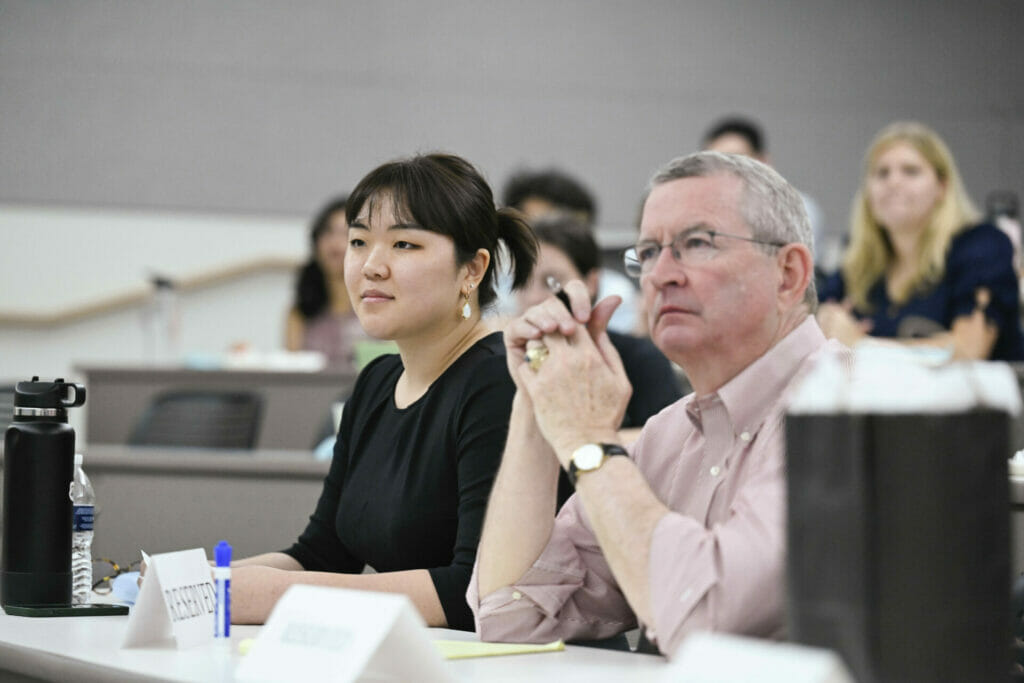
Given how nuclear security cooperation has evolved in the past few decades, Roecker applied his previous discussion points to the Russian invasion of Ukraine and how it has brought the conversation on nuclear weapons and nuclear energy technology back to the global spotlight.
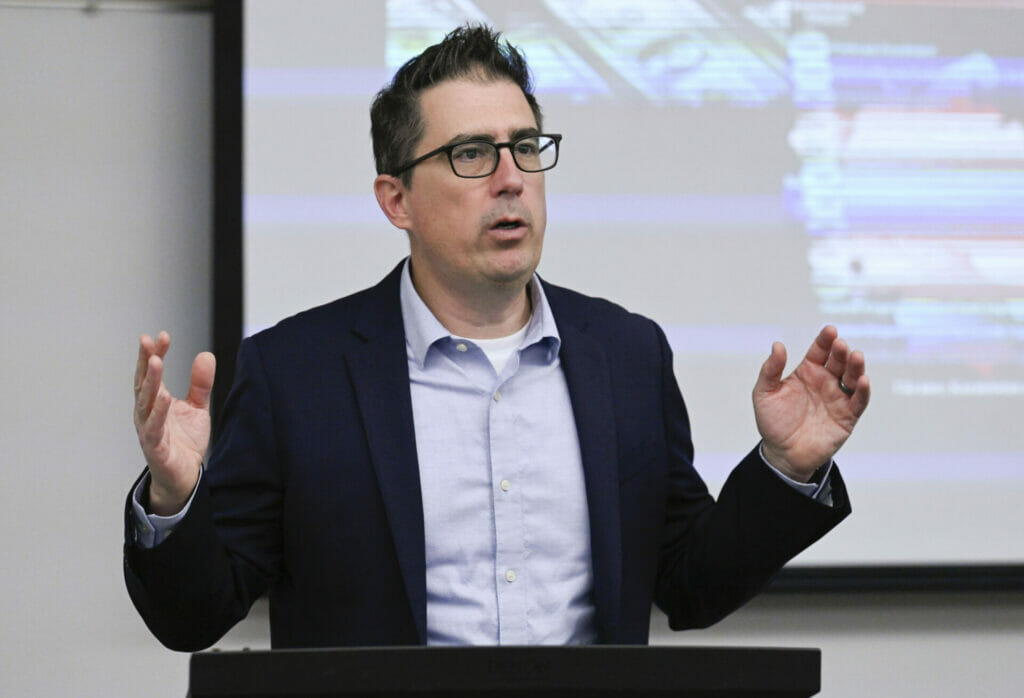
Despite Russia being a significant partner and technology exporter in the nuclear energy industry prior to the invasion, Roecker pointed out how it will be difficult for Russia to maintain the same trust they had with partner countries, particularly since they have been attacking nuclear facilities they constructed in Ukraine during the Soviet era.
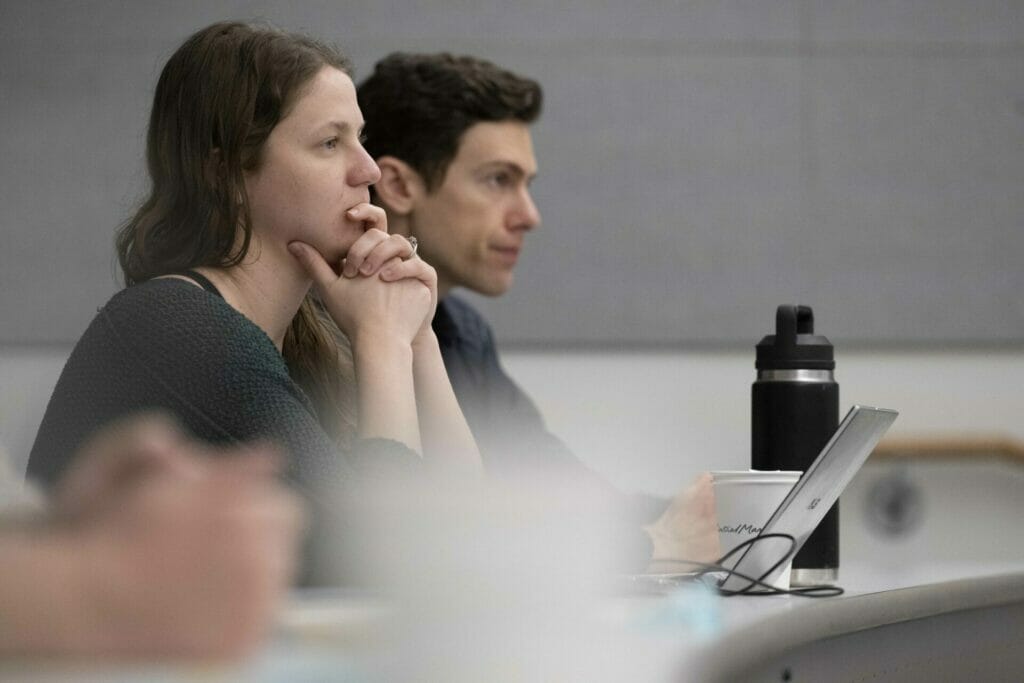
The issue of Russia, Ukraine, and nuclear security becomes further complicated when considering the region’s recent energy crisis, with Western Europe at the center of the issue.
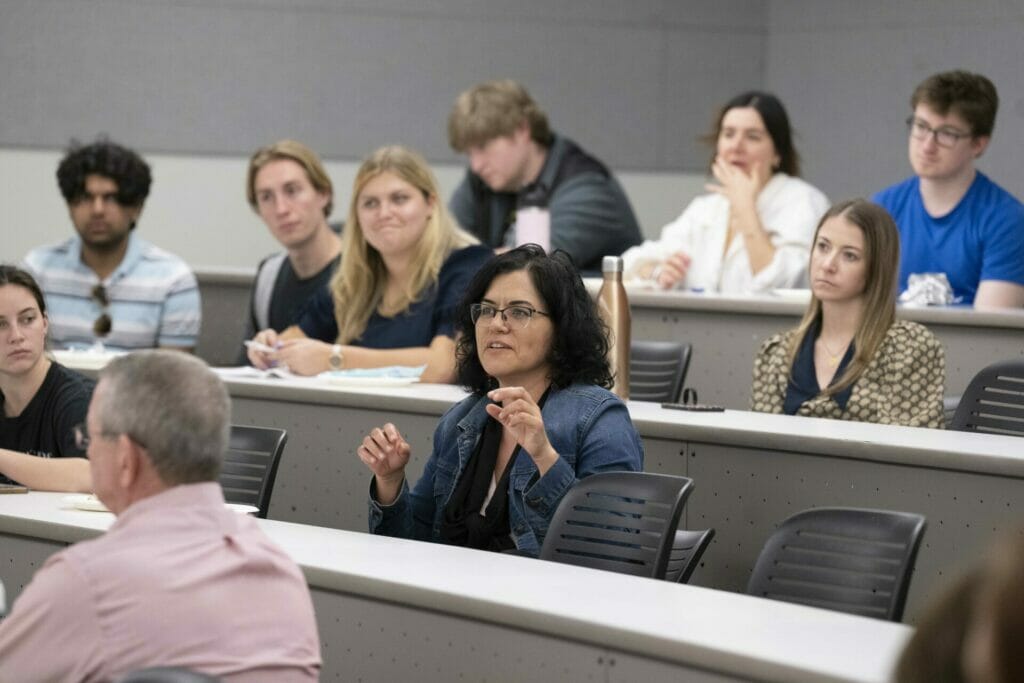
The Russian invasion of Ukraine has become a turning point in not only global nuclear security but global energy security en masse. Learning from what Russia has done and continues to do, pertaining to nuclear facilities in the region, will be an essential lesson for the future of nuclear security worldwide.
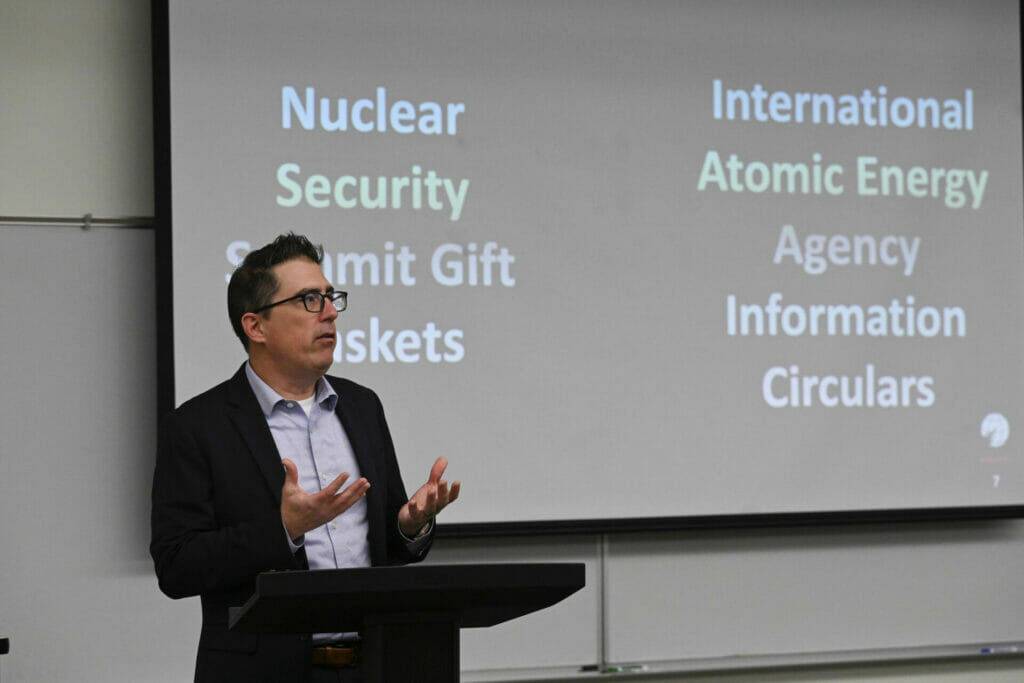
Special thanks to Asia Policy Program Director Sheena Chestnut Greitens and Brumley Fellow Esther Ko for moderating.
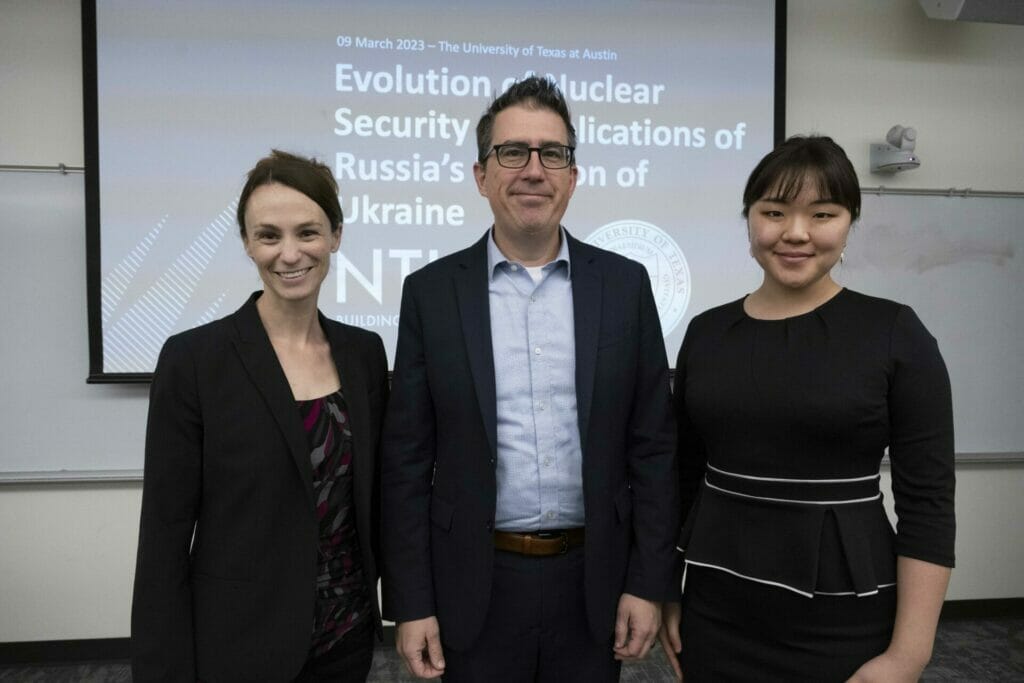
For more information about this event, contact Brittany Horton at [email protected].
Biography
Scott Roecker is the vice president for NTI’s Nuclear Materials Security Program. He joined NTI as senior director on NTI’s Materials Risk Management team in February 2021. He focuses on work to reduce the risks associated with nuclear and radiological materials through a number of NTI projects, including the Global Dialogue on Nuclear Security Priorities and the NTI Nuclear Security Index, as well as through targeted cooperation with priority countries. He also supports NTI’s nuclear disarmament verification work and advises leadership on issues related to Iran.
Roecker previously served as the director of the Office of Nuclear Material Removal at the National Nuclear Security Administration (NNSA). In this position, he was responsible for all U.S.-led activities to remove or dispose of highly enriched uranium (HEU) and separated plutonium with partner countries. The goal of this work is to eliminate excess special nuclear material that could be used by a non-state actor in an improvised nuclear device and included the removal of all HEU and separated plutonium from the Fast Critical Assembly in Japan.
From November 2014 through May 2017, Roecker served as the director for Nuclear Threat Reduction at the National Security Council. In that role, he coordinated the development and implementation of policies to prevent nuclear terrorism through efforts to secure nuclear and radiological materials, minimize HEU and plutonium, and counter nuclear smuggling. He also was the sous-sherpa for the United States at the 2016 Nuclear Security Summit and led efforts to implement an outreach campaign designed to reach entry into force of the Amended Convention on the Physical Protection of Nuclear Material.
Roecker has also served as the senior policy advisor for the Office of Defense Nuclear Nonproliferation, where he provided policy guidance on nuclear security activities across all nonproliferation programs at NNSA. He has worked in the Office of the Second Line of Defense, where he managed border security engagement with partners in South and Central Asia. Roecker began his career at NNSA working with Russia and China to secure nuclear materials.
Prior to his tenure at the NNSA, Roecker worked for United States Rep. Bruce F. Vento as a legislative assistant, advising the congressman on issues related to international relations and business development. Roecker holds a Masters in International Affairs from The George Washington University and a Bachelor of Science from The University of Minnesota. He is proficient in Russian.


